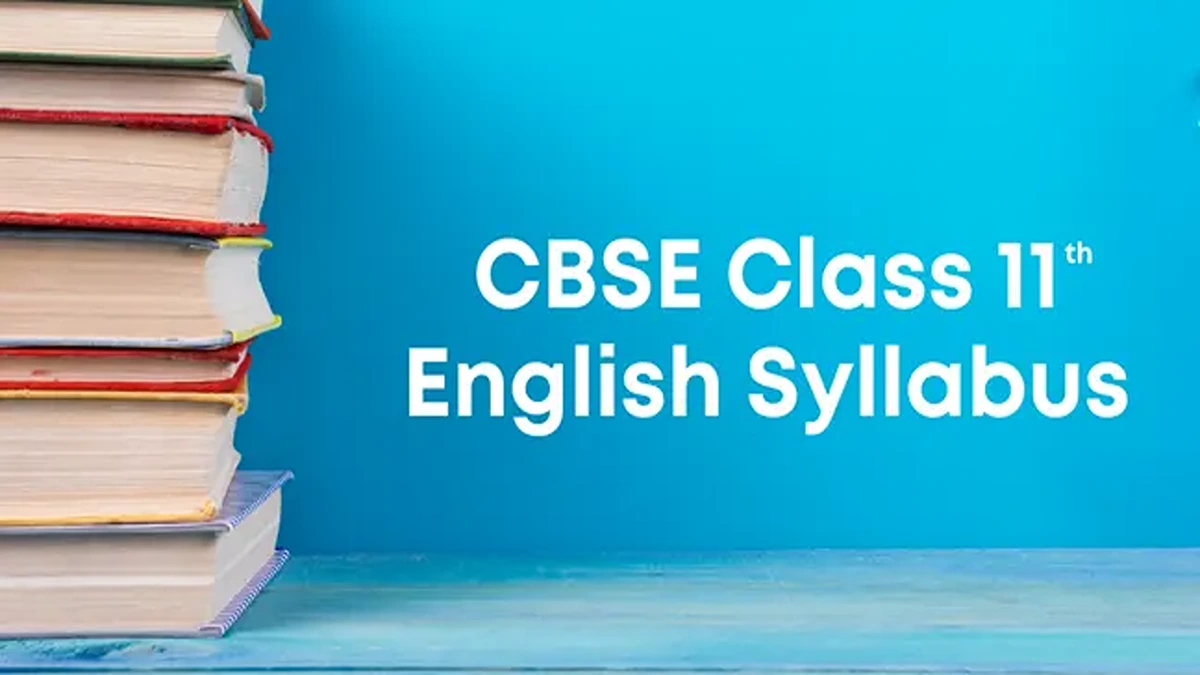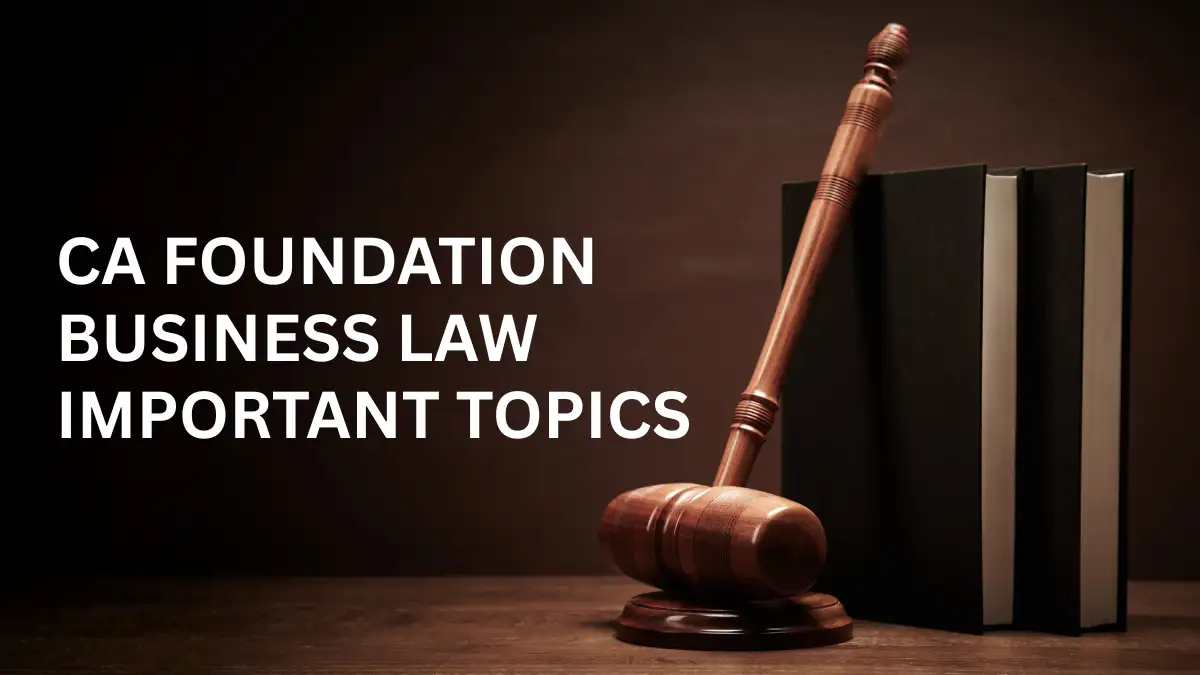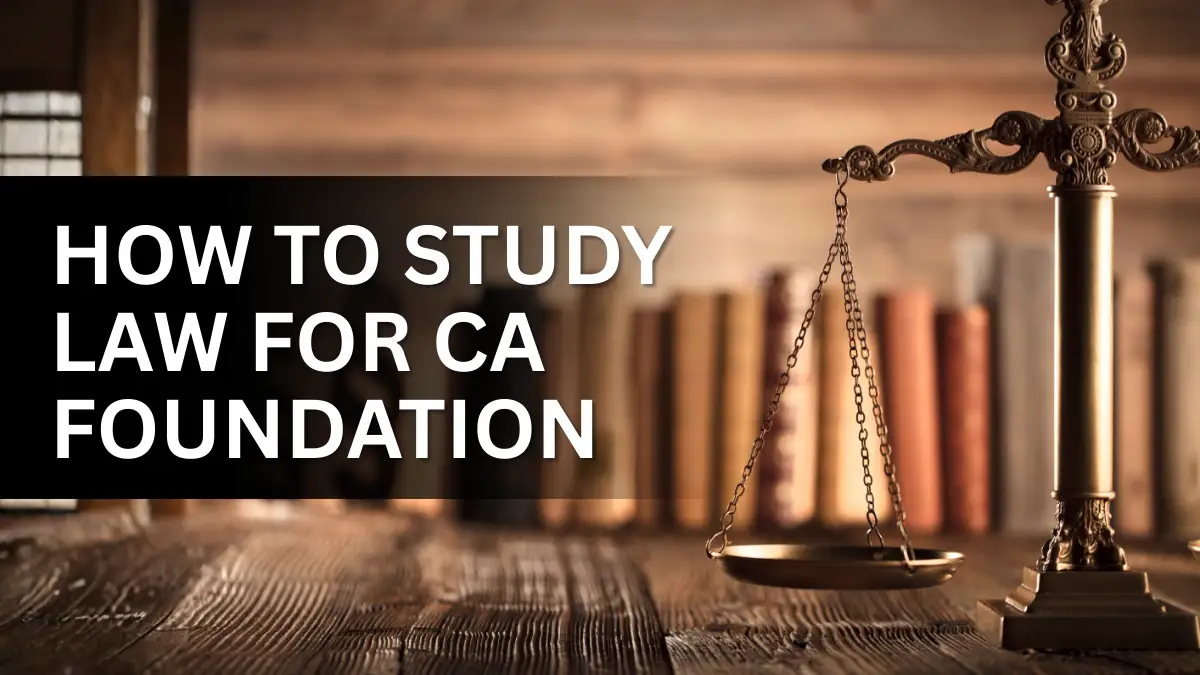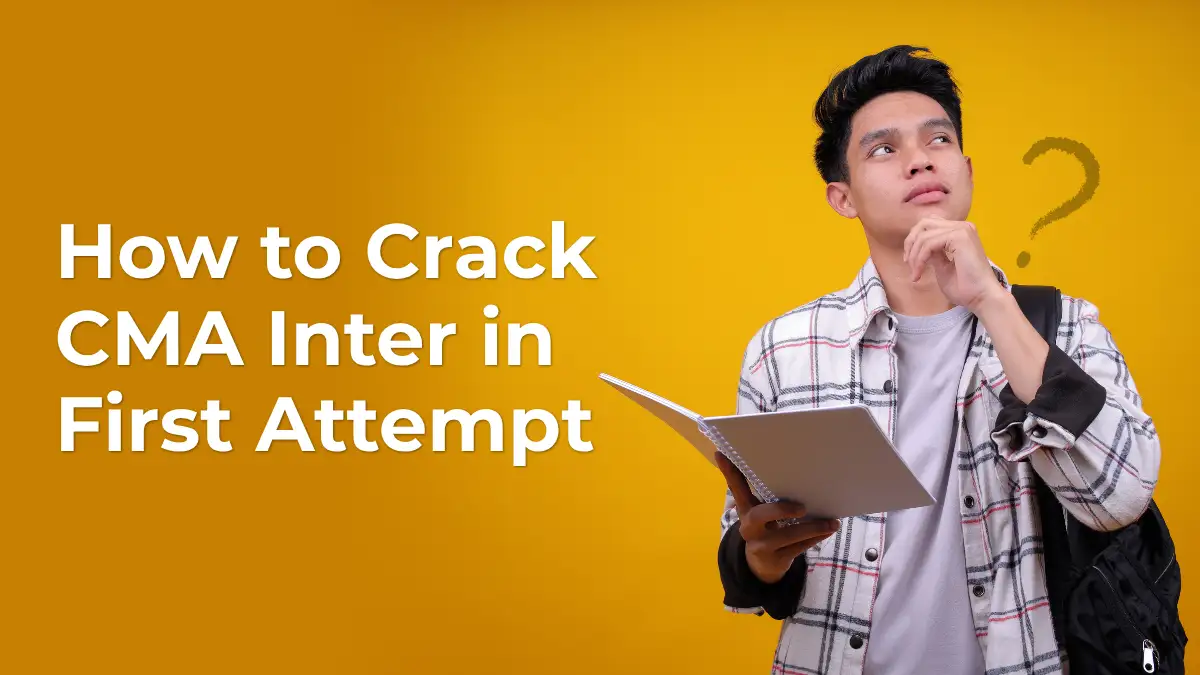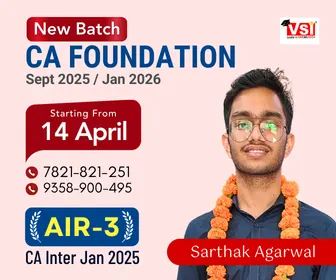CBSE Students are dependent on acquiring a sound knowledge of the English Language as promoted in Class XI, and the course focuses fundamentally on progressing higher-demand language abilities. We have updated CBSE Class 11 Syllabus English here for our readers.
For a huge number of students, the higher secondary stage is the basis for the higher school level, where a genuine degree of ability in English grasping power may be essential. However, the higher secondary level may be a basis for a section into the professional level.
Download CBSE Class 11 English Syllabus
English Core:
English Elective:
Detail CBSE Class 11 English Core Syllabus
| Section A |
| 2. One unseen case-based passage with verbal/visual inputs like statistical data, charts, etc. Note: The combined word limit for both the passages will be 600-750. Multiple Choice Questions / Objective Type Questions will be asked. (10+8=18) |
| 5. Creative Writing Skills Short writing task – Classified Advertisements up to 50 words. One out of the two given questions to be answered (3 Marks: Format : 1 / Content: 1 / Expression: 1) Short writing task –Poster up to 50 words. One out of the two given questions to be answered. (3marks:Format: 1 / Content: 1 / Expression: 1) Writing a Speech in 120-150 words based on verbal/visual cues related to some contemporary / age-appropriate topic. Writing a Debate based on visual/verbal inputs in 120-150 words. The theme should be contemporary topical issues. One out of the two given questions to be answered. (5 Marks: Format: 1 / Content: 2 / Expression: 2) |
| 3. Note Making and Summarization based on a passage of approximately 200-250 words. |
| Section B |
| 4. Grammar i. Questions on Gap filling (Tenses, Clauses) ii. Questions on re-ordering/transformation of sentences |
| Section C This section will have a variety of assessment items including Multiple Choice Questions, Objective Type Questions, Short Answer Type Questions and Long Answer Type Questions to assess comprehension, analysis, interpretation and extrapolation beyond the text. |
| Section C This section will have a variety of assessment items including Multiple Choice Questions, Objective Type Questions, Short Answer Type Questions and Long Answer Type Questions to assess comprehension, analysis, interpretation, and extrapolation beyond the text. |
| 7. Two Short answer type questions (one from Prose and one from Poetry from the book Hornbill), out of four, to be answered in 40-50 words. Questions should elicit inferential responses through critical thinking. (3×2=6 Marks) |
| 8. One Short answer type question, from the book Snapshots, to be answered in 40- 50 words. Questions should elicit inferential responses through critical thinking. Any 1 out of 2 questions to be done. (3×1=3 Marks) |
| 9. One Long answer type question, from Prose/Poetry Hornbill, to be answered in 120-150 words. Questions can be based on incident/theme/passage / extract/event as reference points to assess extrapolation beyond and across the text. The question will elicit analytical and evaluative responses from students. Any 1 out of 2 questions to be done. (1×6=6 Marks) |
| 10. One Long answer type question, based on the chapters from the book Snapshots to be answered in 120-150 words to assess global comprehension and extrapolation beyond the text. Questions to provide evaluative and analytical responses using incidents, events, and themes as reference points. Any 1 out of 2 questions to be done. (1×6=6 Marks) |
| 10. One Long answer type question, based on the chapters from the book Snapshots to be answered in 120-150 words to assess global comprehension and extrapolation beyond the text. Questions to provide evaluative and analytical responses using incidents, events, themes as reference points. Any 1 out of 2 questions to be done. (1×6=6 Marks) |
CBSE Class 11 English Core Marking Scheme
| Section | Competencies | Total marks |
| Reading Skills | Assessment of Listening andSpeaking Skills | 26 |
| Creative Writing Sills | Recalling, reasoning, appreciating literary convention, inference, analysis, creativity with fluency, Critical Thinking. | 23 |
| Literature Text Books and Supplementary Reading Texts | Conceptual Understanding, application of rules, Analysis, Reasoning, appropriacy of style and tone, using appropriate format and fluency, inference, analysis, evaluation, and creativity. | 31 |
| TOTAL | 80 | |
| Assessment of Listening and Speaking Skills | 10 | |
| Internal Assessment • Listening • Speaking • Project Work | 5 5 10 | |
| GRAND TOTAL | 100 |
Prescribed Books For English Core
1. Hornbill: English Reader published by National Council of Education Research and Training, New Delhi
•The Portrait of a Lady (Prose)
•A Photograph (Poem)
•“We’re Not Afraid to Die… if we can be together
•Discovering Tut: the Saga Continues
•The Laburnum Top (Poem)
• The Voice of the Rain (Poem)
•Childhood (Poem)
•The Adventure
•Silk Road (Prose)
•Father to Son
2. Snapshots: Supplementary Reader published by National Council of EducationResearch and Training, New Delhi
• The Summer of the Beautiful White Horse (Prose)
• The Address (Prose)
• Mother’s Day (Play)
• Birth ( Prose)
• The Tale of Melon City
Detail CBSE Class 11 English Elective Syllabus
| Section A |
| Creative Writing Skills 4. An Essay on an argumentative/discursive/reflective/descriptive topic, leading to creative rendering, forming, and defending of opinions, to be answered in 120-150 words. (5 marks) 5. Article on one out of two topics to be answered in 120-150 words. Contemporary topical issues to be a part of Article writing. (5 marks) 6. Speech on one out of two topics to be answered in 120-150 words. Contemporary topical issues to be a part of Speech writing. (5 marks) |
| Section B |
| Section C This section will have a variety of assessment items including Multiple Choice Questions, Objective Type Questions, Short Answer Type Questions, and Long Answer Type Questions to assess comprehension, analysis, interpretation, and extrapolation beyond the text. |
| Section C This section will have a variety of assessment items including Multiple Choice Questions, Objective Type Questions, Short Answer Type Questions and Long Answer Type Questions to assess comprehension, analysis, interpretation, and extrapolation beyond the text. |
| Book: Woven Words |
| 7. Reference to the Context i. One Prose extract out of two to assess comprehension, Literary, appreciation, and inference. ii. One Poetry extract out of two to assess comprehension, Literary, appreciation, and inference. (5+5=10 Marks) |
| 11. One Short Answer Question out of two to be answered in 30-40 words to critically appreciate characters, events, episodes, and interpersonal relationships and to form their opinions regarding content, events, and episodes. (2 marks) |
| 9. Two Short Answer Questions out of three to be answered in 50-60 words to assess understanding, analysis, and critical appreciation. Questions should elicit inferential responses through critical thinking. (3×2=6marks) |
| Arms and the Man – [Drama] |
| 10. Two Long Answer Questions out of three to be answered in 80-100 words to appreciate characters, events, and episodes. Questions to provide analytical responses using incidents, events, and themes as reference points. (5×2=10 marks) |
| Fiction |
| 12. One Short Answer Question out of two to be answered in 50-60 words to assess understanding, analysis, and critical appreciation. Questions should elicit inferential responses through critical thinking. (3 marks) |
| 13. One Long Answer Question out of two to be answered in 120-150 words to test literary appreciation and to draw inferences. Questions should elicit creative responses and develop the ability to form opinions. (5 marks) |
| 13. One Long Answer Question out of two to be answered in 120-150 words to test literary appreciation and to draw inferences. Questions should elicit creative responses and develop ability to form opinions. (5 marks) |
| Seminar (20 Marks) |
CBSE English Elective Marking Scheme
| Section | Competencies | Total marks | % Weightage |
| Comprehension | Conceptual understanding, decoding, analyzing, inferring, interpreting, appreciating, literary, conventions and vocabulary | 25 | 31.25% |
| Creative Writing | Recalling, reasoning, appreciating literary conventions illustrating with relevant quotations from the texts, giving opinions, and justifying with fluency | 15 | 18.75% |
| Literature Texts | Recalling, reasoning, appreciating literary conventions, illustrating with relevant quotations from the texts, giving opinions, and justifying with fluency | 20 | 25% |
| Drama | Recalling, reasoning, appreciating literary conventions, illustrating with relevant quotations from the texts, giving opinions, and justifying with fluency | 10 | 12.50% |
| Fiction | Seeking information and clarifying, illustrating with relevant quotations from the texts, reasoning, diction, articulation clarity of pronunciation, using appropriate language conventions Addressing participants using appropriate titles or nomenclatures, and overall fluency | 10 | 12.50% |
| TOTAL | 80 | 100% | |
| Seminar | Seeking information and clarifying, illustrating with relevant quotations from the texts, reasoning, diction, articulation clarity of pronunciation, using appropriate language conventions Addressing participants using appropriate titles or nomenclatures andoverall fluency | 20 | – |
| Grand Total | 100 |
Prescribed Books for English Elective
1. Textbook: Woven Words published by NCERT
2. Fiction: The Old Man and the Sea (Novel unabridged) by Ernest Hemingway
3. Drama: Arms and the Man by George Bernard Shaw
Frequently Asked Question
Q1. What is the Syllabus of Class 11 English?
Ans: You can check the CBSE Class 11 English Syllabus on this page.
Q2. Is there any change in the CBSE Class 11 Syllabus?
Ans: Yes, CBSE has made some changes in the English Syllabus this year.
Q3. How many Chapters are there in CBSE Class 11 English?
Ans: There are 13 chapters in the CBSE Class 11 English syllabus.


